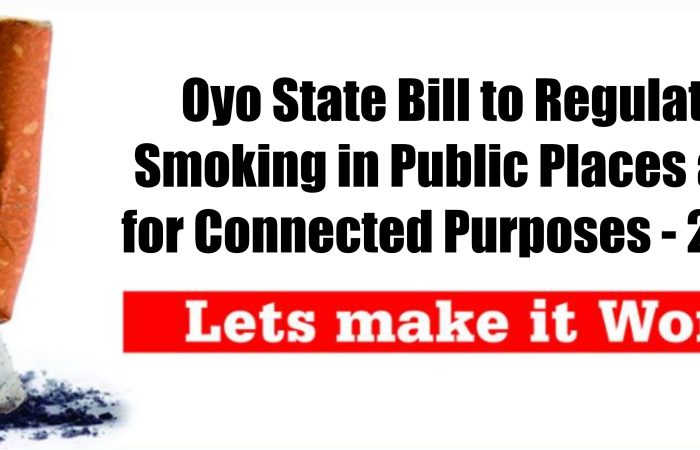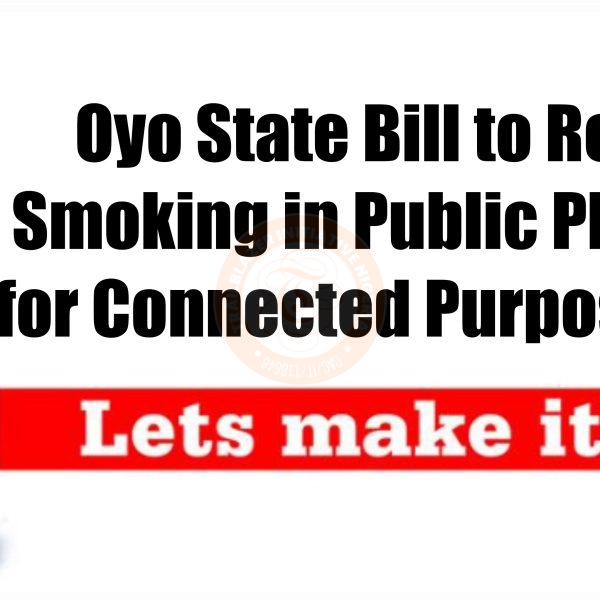Talking about mental health can be challenging due to persistent stigmas and misconceptions. However, open, honest conversations are crucial for breaking down these barriers. Here are some strategies to help facilitate these discussions:
1. Educate Yourself
Understanding mental health issues is the first step in breaking the stigma. Learn about different mental health conditions, their symptoms, and the impact they have on individuals’ lives. This knowledge will help you approach conversations with empathy and accuracy.
2. Use Person-First Language
Language matters. Using person-first language, such as “a person with depression” instead of “a depressed person,” emphasizes the individual rather than defining them by their condition. This small change can make a big difference in how people perceive mental health.
3. Share Personal Stories
Personal stories can be powerful tools for reducing stigma. If you feel comfortable, share your own experiences with mental health. This can create a sense of connection and encourage others to open up about their own struggles.
4. Be a Good Listener
Listening without judgment is crucial. When someone talks about their mental health, provide a safe and supportive environment. Avoid interrupting or offering unsolicited advice. Sometimes, the most helpful thing you can do is simply listen.
5. Normalize Mental Health Discussions
Incorporate mental health into regular conversations. Treat discussions about mental health as you would any other aspect of health. This normalization can help reduce the fear and shame often associated with these topics.
6. Challenge Stigmatizing Language and Behaviors
Speak up when you hear stigmatizing language or witness discriminatory behaviors. Gently correct misconceptions and offer accurate information. Your advocacy can help change how others view and talk about mental health.
7. Encourage Professional Help
While supportive conversations are important, professional help is often necessary for those struggling with mental health issues. Encourage seeking help from mental health professionals and provide information on resources such as therapists, hotlines, and support groups.
8. Use Social Media Responsibly
Social media can be a platform for spreading awareness and reducing stigma. Share informative articles, personal stories, and supportive messages. Be mindful of the impact your posts can have and strive to create a positive online environment.
9. Be Patient
Changing attitudes and reducing stigma takes time. Be patient with yourself and others as you work towards more open and accepting conversations about mental health.
10. Create Supportive Environments
Whether at home, work, or in social settings, strive to create environments where mental health is openly discussed and supported. Encourage policies and practices that promote mental well-being.
Conclusion
Talking about mental health is essential for breaking down stigmas and supporting those in need. By educating ourselves, using respectful language, sharing stories, listening, normalizing discussions, challenging stigma, encouraging professional help, using social media responsibly, being patient, and creating supportive environments, we can foster a more understanding and compassionate society.
Breaking the Stigma: How to Talk About Mental Health
Talking about mental health can be challenging due to the stigmas and misconceptions that still exist. However, open, honest conversations are crucial for breaking down these barriers and supporting those affected. Here are some strategies to help facilitate these discussions effectively:
1. Educate Yourself
Before engaging in conversations about mental health, educate yourself on the various conditions and their impacts. Understanding the basics of mental health issues can help you speak more confidently and compassionately.
2. Use Respectful Language
Language shapes perceptions. Use person-first language such as “a person with schizophrenia” rather than “a schizophrenic person.” This approach emphasizes the individual’s humanity over their condition.
3. Share Personal Stories
If you feel comfortable, sharing your own experiences with mental health can be a powerful way to reduce stigma. Personal stories can foster connection and encourage others to share their experiences.
4. Be an Active Listener
When someone opens up about their mental health, listen actively and without judgment. Offer support and empathy rather than immediate solutions. Sometimes, being heard is the most important support you can provide.
5. Normalize Mental Health Discussions
Incorporate mental health into everyday conversations. Treat it as a normal aspect of life, much like physical health. This helps to demystify and destigmatize mental health issues.
6. Challenge Stigma
Confront stigmatizing language and stereotypes when you encounter them. Gently correct misinformation and promote a more accurate understanding of mental health issues.
7. Encourage Professional Help
While open conversations are important, professional help is often necessary. Encourage those struggling to seek help from mental health professionals, and provide information about resources and support services.
8. Use Social Media Positively
Social media can be a powerful tool for mental health advocacy. Share informative articles, supportive messages, and personal stories. Create a positive online environment that encourages openness and support.
9. Be Patient and Persistent
Changing attitudes and reducing stigma is a gradual process. Be patient with others and yourself as you work to foster more open and accepting conversations about mental health.
10. Create Supportive Environments
Whether at home, work, or in your community, strive to create environments where mental health is openly discussed and supported. Advocate for policies and practices that promote mental well-being.
Conclusion
Breaking the stigma around mental health requires ongoing effort and commitment. By educating ourselves, using respectful language, sharing personal stories, listening actively, normalizing discussions, challenging stigma, encouraging professional help, using social media responsibly, being patient, and creating supportive environments, we can foster a more understanding and compassionate society. These actions not only support those with mental health issues but also contribute to a broader culture of acceptance and care.









